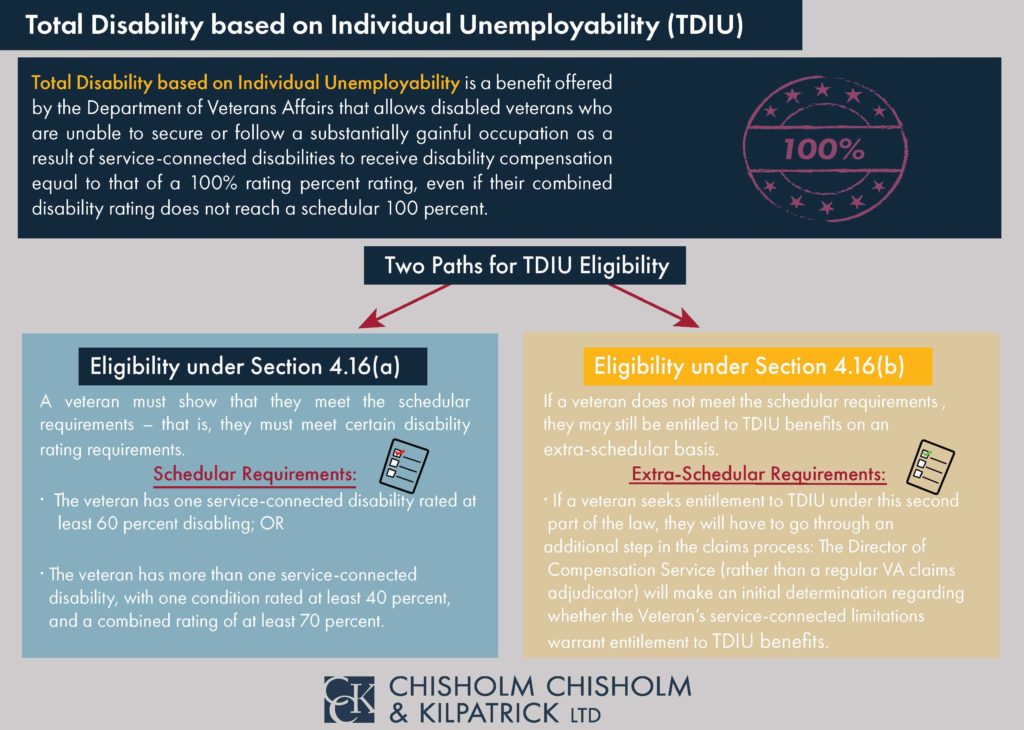Plantar Fasciitis and Pes Planus VA Rating

What Is Plantar Fasciitis?
Plantar fasciitis is a common condition of the foot in which the plantar fascia, a thick band of tissue running across the bottom of the foot connecting the heel bone to the toes, becomes inflamed. Plantar fasciitis can make walking and other physical activities significantly more difficult.
The plantar fascia acts as a shock absorber and supports the arch of the foot. When the tissues are overstretched and overused, tears can occur. Repetitive stretching and tearing of the plantar facia can result in pain and inflammation.
With proper care and/or treatment, many cases of plantar fasciitis resolve within one year. However, in some cases, it can become a chronic condition.
Causes and Risk Factors
There are several common causes and risk factors that lead to plantar fasciitis, including having a tight Achilles tendon, running long distances on uneven surfaces, sudden weight gain, wearing shoes with poor arch support, and a drastic change in activity level. Another condition that may exacerbate plantar fasciitis is pes planus.

What Is Pes Planus?
Pes Planus, often referred to as flat feet, is a common foot deformity in which the arch of the foot is flattened to the point where it touches, or nearly touches, the ground.
Ligaments and tendons from the lower leg and the foot form the arches in feet. When these tendons do not pull properly, the foot has little or no arch, resulting in flat feet.
The effects of flat feet can vary greatly from case to case. Most of the time, pes planus does not cause serious symptoms and treatment may not be necessary. However, those with more severe cases may experience symptoms such as:
- Feet tiring out easily
- Aches or pains in the areas of the arches or heels
- Foot swelling
- Difficulty performing certain foot movements, such as standing on your toes
- Leg and back pain
Pes planus may also aggravate or lead to plantar fasciitis.
Causes and Risk Factors
Common causes and risk factors for developing flat feet include:
- A foot abnormality present since birth
- Torn or stretched tendons
- Inflammation or damage to the posterior tibial tendon which runs from the lower leg, down to the ankle, and to the middle of the arch of the foot
- Dislocated or broken bones in the legs or feet
- Health conditions (e.g., rheumatoid arthritis)
- Nerve damage, such as from peripheral neuropathy
Other risk factors, such as obesity and partaking in frequent high-impact physical activity, like military training, may also lead to the development of flat feet.

Relationship Between Pes Planus and Plantar Fasciitis
As mentioned above, individuals with pes planus have a higher risk of developing plantar fasciitis. According to the National Institute of Health, this is because pes planus can cause an increased strain at the origin of the plantar fascia. An increased strain on the plantar fascia can lead to plantar fasciitis.
VA Disability Rating for Pes Planus and Plantar Fasciitis
VA rates both pes planus and plantar fasciitis under 38 CFR § 4.71a, the Schedule of Ratings for the Musculoskeletal System. The diagnostic codes and criteria for plantar fasciitis and pes planus VA ratings are as follows:
Plantar Fasciitis VA Rating
VA rates plantar fasciitis under 38 CFR § 4.71a, diagnostic code 5269. Ratings range from 10 to 30 percent – if the plantar fasciitis is affecting both feet and not responding to treatment, veterans will generally receive a higher rating. The specific criteria for each VA rating are:
- 30 percent – If the veteran has no relief from both non-surgical and surgical treatment; bilateral.
- 20 percent – If the veteran has no relief from both non-surgical and surgical treatment; unilateral.
- 10 percent – For all other plantar fasciitis cases; unilateral or bilateral.
VA also notes that if a veteran’s plantar fasciitis results in the loss of use of the foot they will receive a 40 percent rating.
Pes Planus VA Rating
VA rates flatfoot under 38 CFR § 4.71a, diagnostic code 5276. Veterans can be rated between 0 percent and 50 percent on a scale of mild (least severe) to pronounced (most severe). The rating criteria are as follows:
- Pronounced: If veteran experiences marked pronation, extreme tenderness of plantar surfaces of the feet, marked inward displacement and severe spasm of the Achilles tendon on manipulation, and their condition is not improved by orthopedic shoes or appliances:
- 50 percent for bilateral
- 30 percent for unilateral
- Severe: Veterans with medical evidence showing clear deformity of their foot, pain and/or swelling on use or manipulation, and characteristic callosities:
- 30 percent for bilateral
- 20 percent for unilateral
- Moderate: If a veteran’s weight-bearing line is over the big toe rather than spread across the entire foot, there is inward bowing of the Achilles tendon, and pain on manipulation or use of the foot:
- 10 percent for both unilateral and bilateral
- Mild: Veterans with flat feet who use arch supports to successfully relieve their symptoms are considered to have a mild, non-compensable condition and are rated at 0 percent.
Service Connection for Pes Planus
Flat feet among veterans can be caused by a variety of factors. Sometimes pes planus is the direct result of service, whereas in other instances, it may have been aggravated by service.
The Department of Veterans Affairs (VA) awards disability benefits for pes planus to veterans who meet the requirements for service connection. These requirements include:
- A current medical diagnosis for flat feet;
- Evidence of an in-service event, injury, or illness; and
- A medical nexus, or link, connecting pes planus to the in-service event.
How to Prove Plantar Fasciitis Secondary to Pes Planus
If you are service connected for pes planus and later develop plantar fasciitis, you can file a claim for service connection on a secondary basis. To qualify for secondary service connection, veterans generally must provide medical evidence linking the secondary condition to the service-connected condition.
There are several types of evidence that may help support your claim for secondary service connection, including:
- Nexus opinion – A private doctor or medical professional can submit a letter to VA confirming that there is a causal relationship between the two conditions. Your doctor should state that they believe your plantar fasciitis is “at least as likely as not” caused by pes planus.
- Relevant medical records – Relevant medical records can help show the connection between pes planus and plantar fasciitis.
- Lay evidence – Lay evidence, which includes lay statements and buddy statements, refers to personal statements for a VA claim written by a veteran or someone familiar with the veteran’s situation. These statements can strengthen a veteran’s case and fill in the gaps if any key information is missing from medical records. However, veterans cannot necessarily submit an opinion saying one condition was caused by another, as they can only speak to what they know.
TDIU for Pes Planus and Plantar Fasciitis
If your pes planus and plantar fasciitis prevent you working, you may be eligible for total disability based on individual unemployability, or TDIU. To qualify for TDIU, which offers monthly compensation equal to a 100 percent rating, veterans must prove they are unable to obtain and maintain substantially gainful employment due to their service-connected condition(s).
In this case, veterans must show that their pes planus and plantar fasciitis prevent them from securing such employment. Veterans can learn more about how to qualify for TDIU benefits here.

Was Your VA Disability Claim Denied?
If VA denied your claim for pes planus or plantar fasciitis, Chisholm Chisholm & Kilpatrick may be able to help you appeal the decision. The accredited attorneys and claims agents at CCK have decades of experience successfully representing veterans before VA, the Board of Veterans’ Appeals, and the Court of Appeal for Veterans Claims (CAVC) – and we may be able to put our experience to work for you.
For a free case evaluation, reach out to CCK today at 800-544-9144 or through this online contact form.
About the Author
Share this Post
